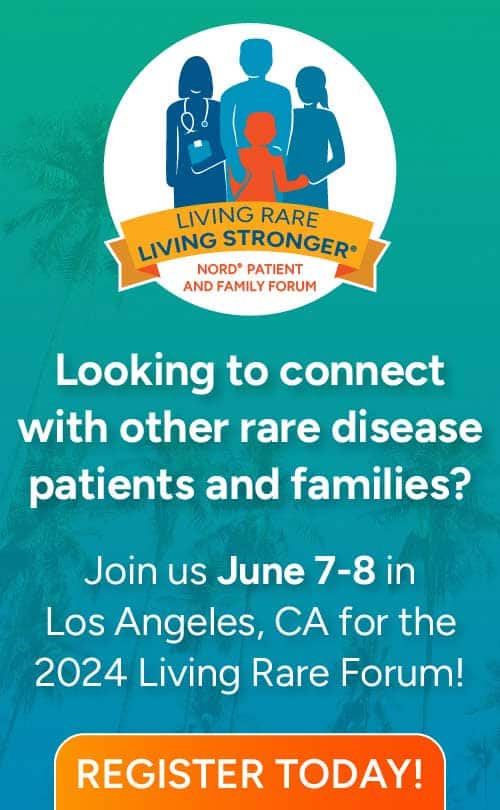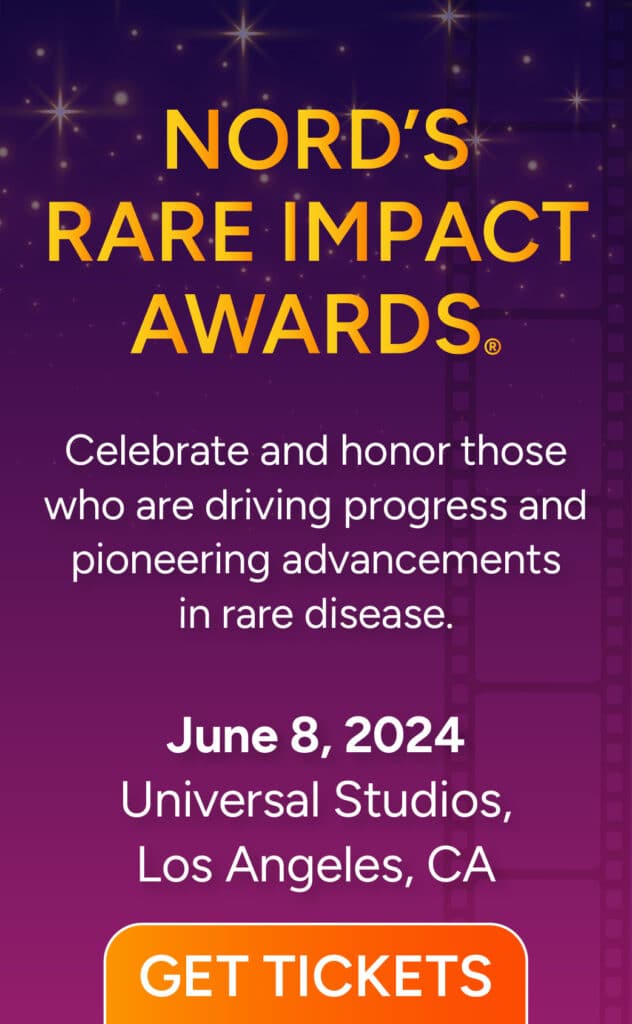With the availability of several promising gene therapies and more on the horizon, a recent survey published in Neurology Reviews’ 6th annual Rare Neurological Disease Special Report indicates that many potential prescribers are unaware of the life-changing potential of gene therapy. The survey, a joint undertaking by the National Organization for Rare Disorders (NORD®) and Frontline Medical Communications (FMC), was completed by a representative sample of health care providers across a variety of specialties and practice settings. Nearly two-thirds of respondents (63%) were unaware of FDA-approved gene therapy options, such as Kymriah™, Luxturna® and Zolgensma®, and although respondents reported treating an average of five patients with a rare genetic disorder, few recognized the range of potential benefits of gene therapy, how it is administered, long-term impacts, and mechanisms by which it works.
A notable finding is the limited comfort level expressed by respondents in their knowledge base and ability to discuss genetic concepts with patients. Just 24% rated themselves as comfortable or extremely comfortable explaining somatic vs. germline mutations, and responses also identified unfamiliarity with gene delivery and administration options. The survey underscored the need for provider education on topics related to gene therapy, which is currently being seen as a potentially curative treatment for some rare disorders.
Concern that gene therapy will be cost-prohibitive (69%) and/or that patient access will be limited due to lack of insurance coverage (67%) ranked highly as perceived barriers.
“It is vital to develop strategies to ensure consistent and viable reimbursement models and to create multi-faceted, accessible educational outreach programs for the medical community at large,” said Katie Kowalski, Senior Program Manager of Educational Initiatives for NORD. “It is important for rare disease patients to be offered the opportunity to participate in clinical trials, and for clinicians to have accessible platforms to learn more about gene therapy so they can inform their patients about these treatment options.”
Full survey findings are discussed in the article, Gene Therapy Survey Highlights: Knowledge Gaps and Educational Opportunities. Readers can also read more about barriers preventing health care providers from embracing gene therapy advances as therapeutic tools in the 6th edition of the Rare Neurological Disease Special Report.
To learn more about the rare disease initiatives through the Neurology Reviews and NORD partnership, contact Elizabeth Katz, Publisher of Neurology Reviews, at 973-224-7951 or ekatz@mdedge.com. Details and information on all FMC/MDedge digital brands, print publications, and custom programs are available at www.mdedge.com/neurology; visit weekly for the latest innovative programs and multimedia initiatives.



